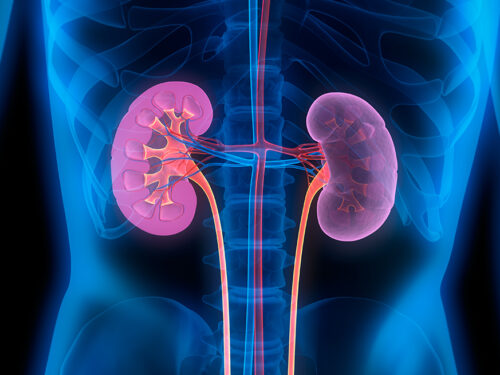
The aim of this project is to increase the quality of life of People with Dementia (PwD) by assisting them in their daily life activities as well as enabling their social engagement with other persons that include care-givers, family members as well as other members within their community. Given that PwD may struggle in their daily live activities, this research investigates how quality of life technology can improve the way formal carers monitor PwD.
Dementia is declared by the WHO as a public health priority. The total number of patients with dementia worldwide is estimated at 35.6 million and is expected to nearly double every 20 years. The total estimated worldwide costs of dementia are around $604 billion per year. The challenges to governments to respond to the growing number of patients with dementia are substantial.
Dementia is an umbrella term referring to a number of medical conditions characterised by an acquired and progressive decline in cognitive function to such a severity that it interferes with independence and daily living. Such cognitive decline includes loss of memory and deterioration in executive functions such as planning and organisational skills, accompanied by a personality change and deterioration in cognitive function sufficient to influence social activities.
“Normal” cognitive ageing includes established declines in cognitive processes that affect every day functional abilities for older adults such as driving, banking and medication administration.

However, cognitive decline also threatens independence and quality of life besides enhancing challenges to the health care and social welfare systems. Research has identified lifestyle practices such as education, leisure pursuits, intellectual engagement and expertise that are associated with successful maintenance of cognitive abilities. Physical activity, diet and social activity are additional factors linked to maintaining cognition in ageing and have been used as a basis for intervention to prevent cognitive decline.
Monitoring PwD is challenging so this research aims to build a large dataset that will allow researchers to improve the way we recognise human activities of PwD. This will be possible through the use of mobile applications and various sensors that will be worn by healthy participants that simulate specific activities of PwD. This dataset will be used in other research projects to further improve technologies and IT solutions within pervasive ecosystems that are being proposed.
This research is part of a project supported by Information Systems Limited (ISL) through the Research, Innovation and Development Trust (RIDT) in collaboration with SVPR and the UM.
Read more about the project here





